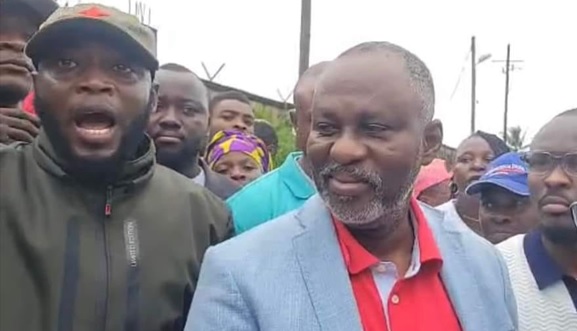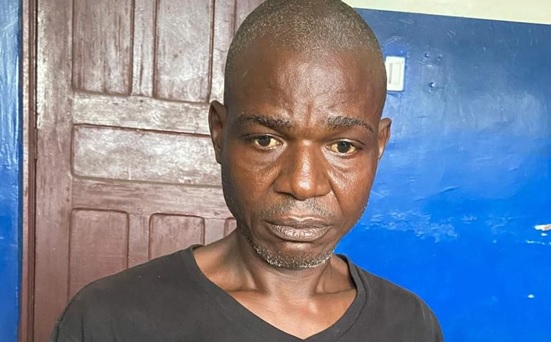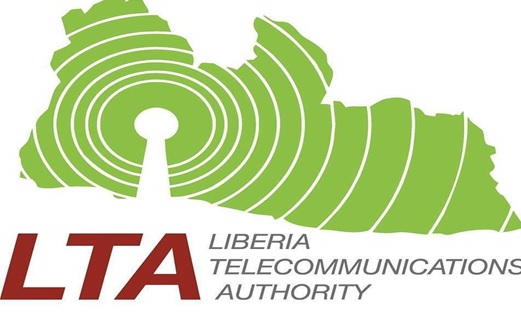MONROVIA – On Wednesday, August 21, 2024, Nathaniel McGill, the former Minister of State for Presidential Affairs and a prominent member of the opposition Coalition for Democratic Change (CDC), faced heightened scrutiny as he appeared before the Liberia Anti-Corruption Commission (LACC). Accompanied by his lawyer, Cllr. Cyrenius Cephus, McGill was greeted by a large contingent of CDC supporters who vocally protested against the LACC’s investigation and President Joseph Boakai.
The demonstration emphasized the political tension surrounding the inquiry into McGill’s alleged involvement in payroll padding. The LACC had issued a formal invitation to McGill, detailed in a letter dated August 16, 2024. The letter, signed by Baba M. Borkai, the LACC Program Manager for Monitoring and Investigation, and approved by Oversight Commissioner Rev. Randolph Tebbs, called for McGill to provide testimony and relevant documentation concerning his role in the controversial Supplementary Payroll.
According to the LACC, the Supplementary Payroll, which reportedly included 728 names, was created outside the standard framework of the Civil Service Agency (CSA) during McGill’s tenure as Minister. The commission’s investigation is focused on allegations of payroll padding, administrative malpractice, and corruption. These accusations suggest that McGill may have been involved in manipulating payroll processes for personal or political gain.
The intense show of support from CDC loyalists, who chanted anti-LACC slogans and criticized the current administration, highlights the deep political divide and the challenges in holding high-profile figures accountable. This fervent support has sparked concerns that the process may be undermined by political interference.
Amos J. Kollie, a critic of the CDC administration, took to Facebook to comment on the situation, asserting, “To think that a culprit accused of corruption can steal millions from our people and dish out a few dollars for you all to disrupt a legal process of accountability is to believe that a porcupine can convince a deer to disrupt a gathering of leopards.” Kollie’s remark reflects broader concerns about the influence of political factions on the investigation.
The LACC’s inquiry into McGill’s actions is part of a larger effort to address corruption within Liberia’s public institutions. The allegations of payroll fraud are significant, but there are growing suspicions that McGill’s legal troubles could reveal deeper systemic issues. The investigation has drawn attention not only for its implications for McGill but also for its potential impact on the integrity of the country’s governance and the efficacy of anti-corruption measures.
As McGill navigates this investigation, the situation remains fluid, with political tensions likely to influence both the public perception and the outcome of the LACC’s efforts. The unfolding events will be closely watched as Liberia continues its struggle against corruption and seeks greater accountability within its government.







